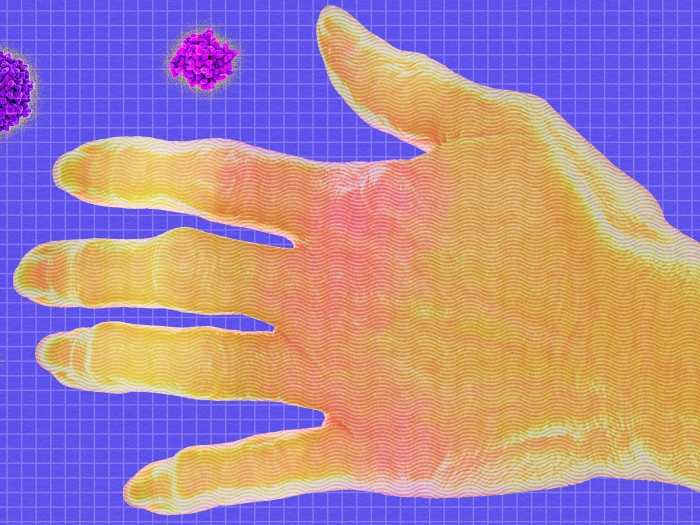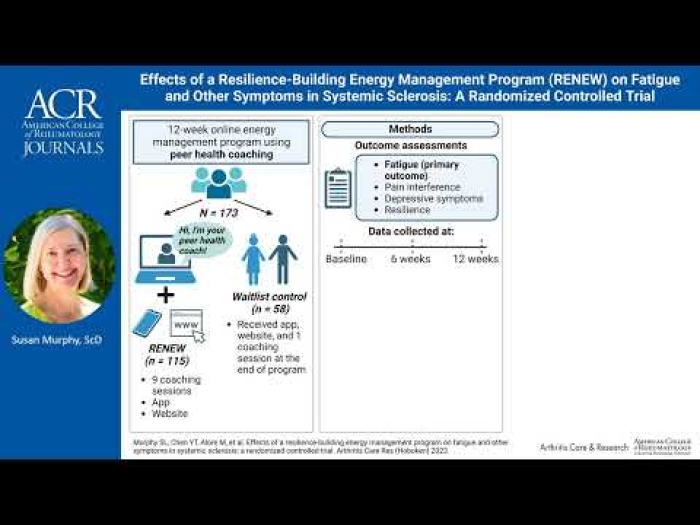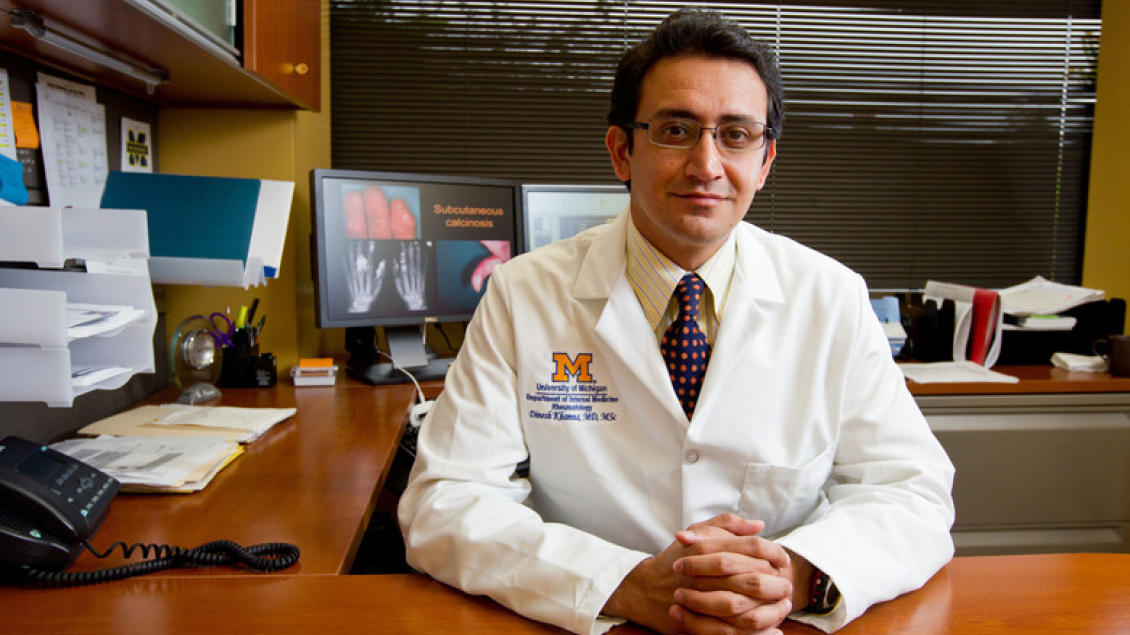
Scleroderma is an autoimmune connective tissue and rheumatic disease that is caused by the immune system attacking the connective tissue under the skin and around internal organs and blood vessels, which can lead to scarring and thickening of the tissue in these areas. It’s a progress disease that can produce symptoms and complications varying widely in people with scleroderma, ranging from mild to severe.
The Scleroderma Program, established in 2004 in the U-M Medical School Division of Rheumatology and led by Dinesh Khanna, MD, MSc, is a multidisciplinary group of researchers and health care providers dedicated to advancing research and improving care for patients with scleroderma and its related complications.
Our team consists of specialists from many disciplines, including rheumatology, pulmonology, cardiology, gastroenterology, infectious diseases, dermatology, physical medicine & rehabilitation and plastic surgery.
300 North Ingalls Street, 7C27 NIB
Ann Arbor, MI 48109
The Scleroderma Program is committed to advancing research to gain a better understanding of scleroderma and its complications. Through our multidisciplinary research, we strive to increase our understanding of the mechanisms behind scleroderma, and to develop improved diagnostic and targeted treatment options.
Work in the ScleroLab, led by John Varga, MD, is patient-oriented, bench-to-bedside, and encompasses several approaches, ranging from genetics and functional genomics to vascular biology, cellular immunology, metabolic studies, molecular and live imaging, and matrix biology.
Our team of researchers are conducting a vast array of clinical trials and observational studies focused on evaluating potential new treatments for scleroderma and to better understand how scleroderma affects people and their quality of life.
Clinical Trials
Our program conducts a multitude of trials that involve testing a type of intervention, such as a potential drug, medical device, activity, or procedure, in people and observing its effects over a period of time. Our trials focus on evaluating the efficacy, safety, and tolerability of potential treatments for scleroderma and its related complications.
Observational Studies
Observational studies are done to observe a patient’s disease, symptoms, and health over time without introducing an intervention, such as a medication. Our program has multiple observational studies, including studying the pathogen of scleroderma, and individuals’ experiences of symptoms and the impact they have on daily life.
Clinical Registries
In addition, our program has created various clinical registries where data (such as biological, clinical, and self-reported) and/or samples are collected at specific points over time to evaluate symptoms of scleroderma and complications associated with the disease.
Work in the ScleroLab, led by Dr. John Varga, focuses on defining the cellular and molecular mechanisms and genetic factors of fibrosis associated with scleroderma.
- Learn More About Scleroderma, and find patient education and clinic information
- UCLA SCTC GI Tract 2.0 Questionnaire
- Scleroderma Peer Mentor Program - Designed to help empower patients with scleroderma to take control of their lives and their health care
- Self-Manage Scleroderma Program - Developed to help patients learn about scleroderma, manage their symptoms, and learn self-advocacy strategies
- Michigan Medicine Patient and Visitor Guide
The Scleroderma Program - led by Director, Dinesh, Khanna, MD, MSc and Associate Director, John Varga, MD - is a multidisciplinary team of health care providers with experience in a wide range of disciplines, working together to research the cause and mechanisms of scleroderma in order to develop better, targeted treatment options and to improve the quality of life for our patients.
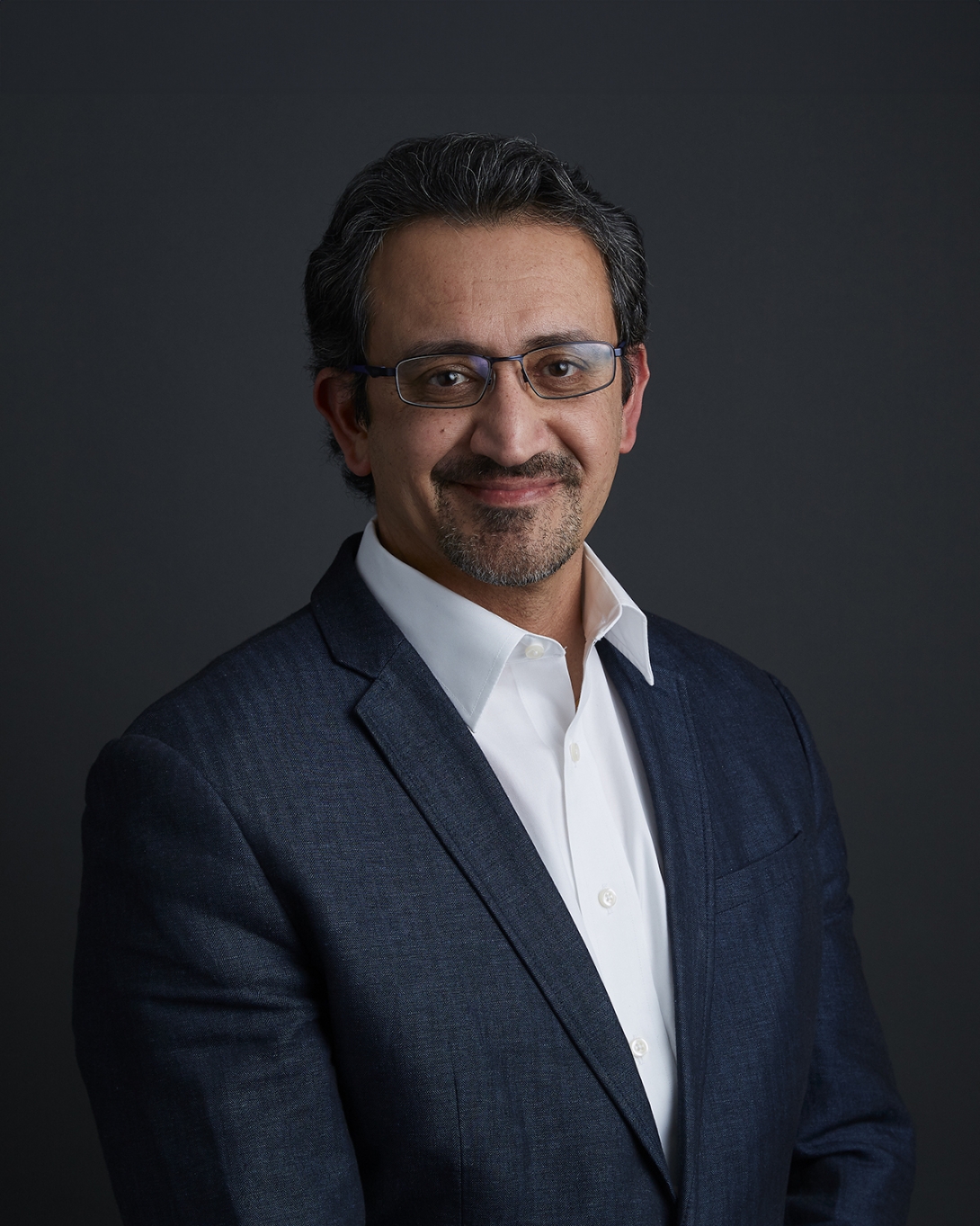
Professor of Internal Medicine
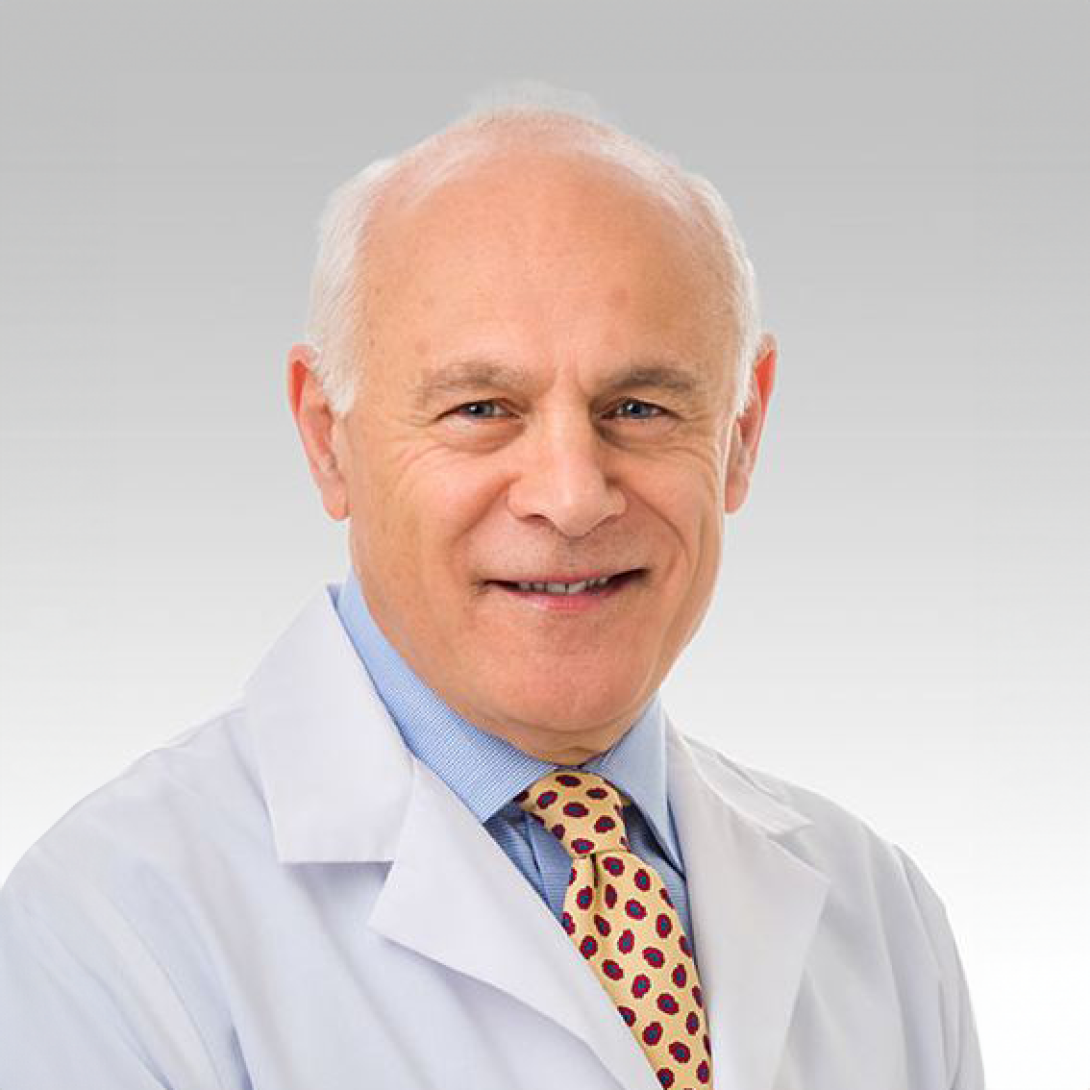
Professor of Internal Medicine
Professor of Dermatology and Section Head
Division of Rheumatology

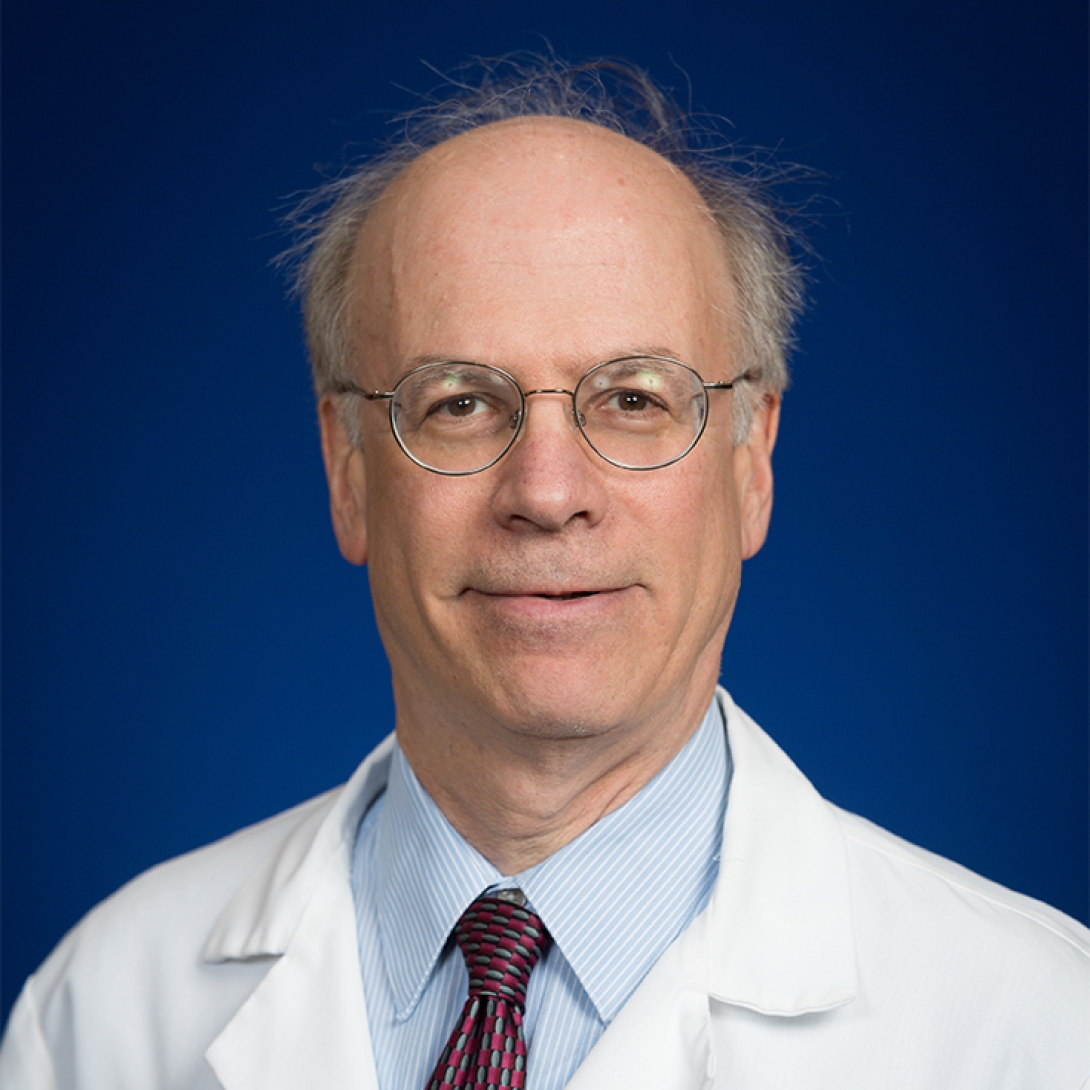
William D Robinson, M. D. Professor of Rheumatology
Professor of Internal Medicine


Research Professor
Institute of Gerontology and Professor of Internal Medicine

Assistant Professor in Internal Medicine
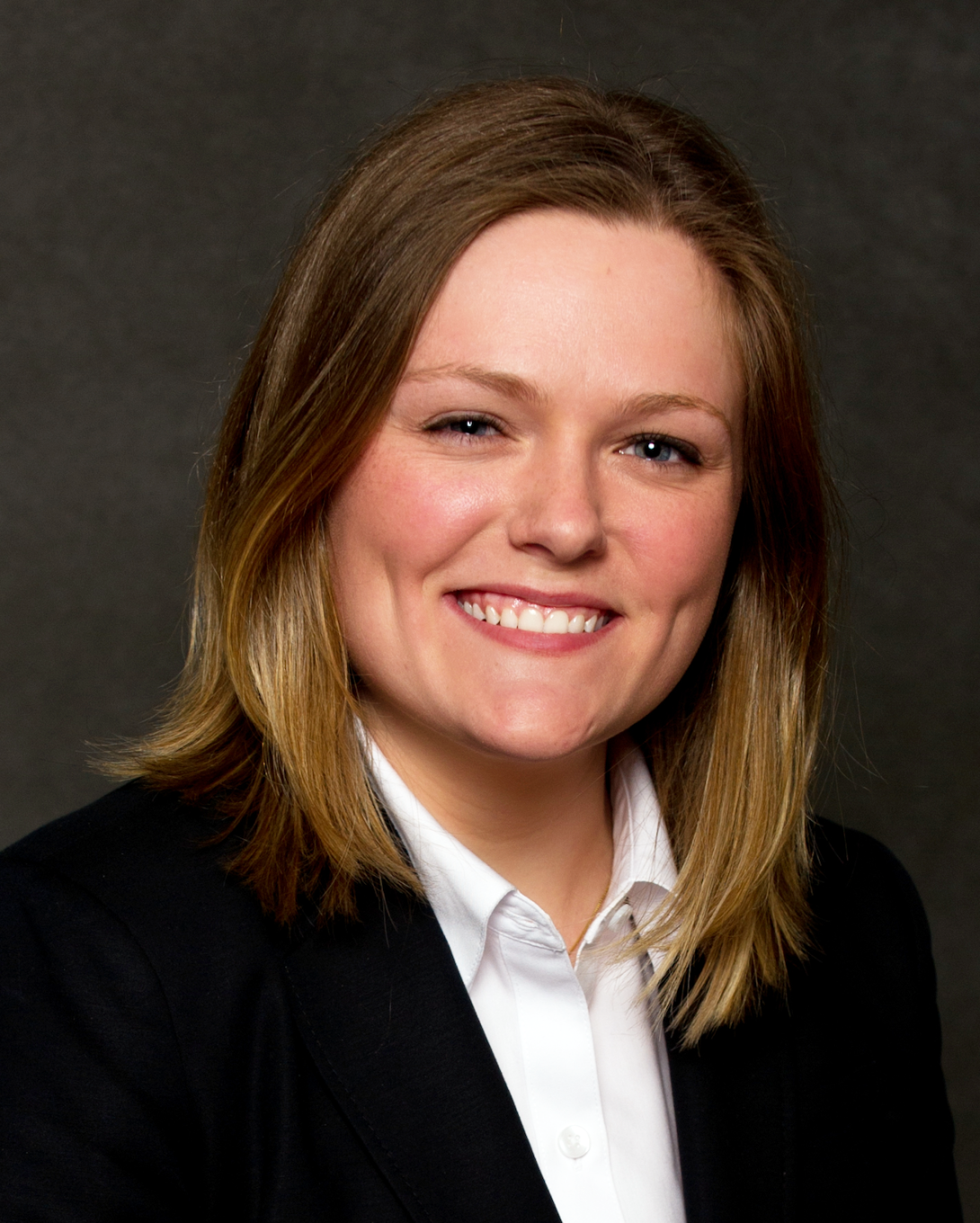
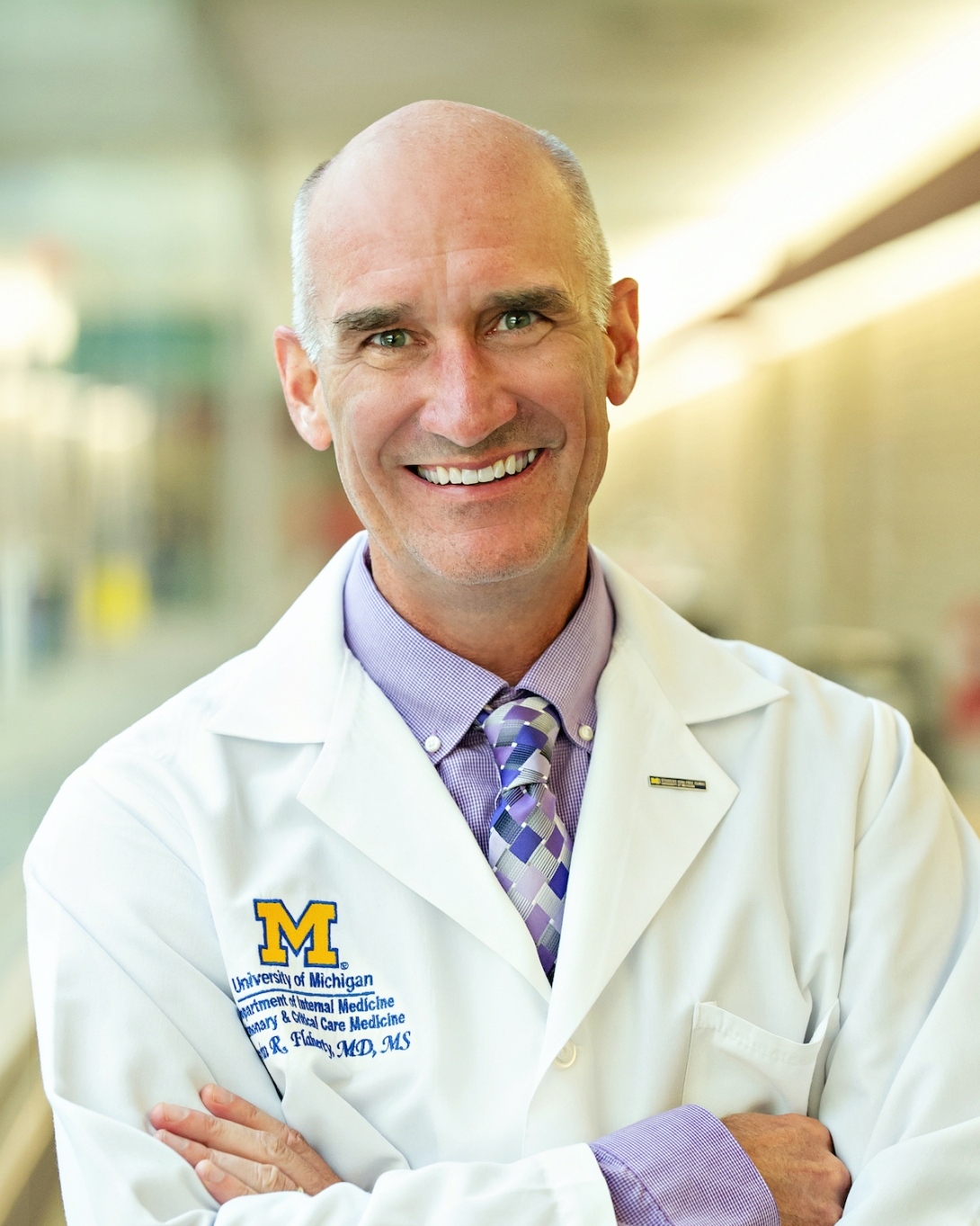
IRB Vice Chair
Associate Residency Program Director
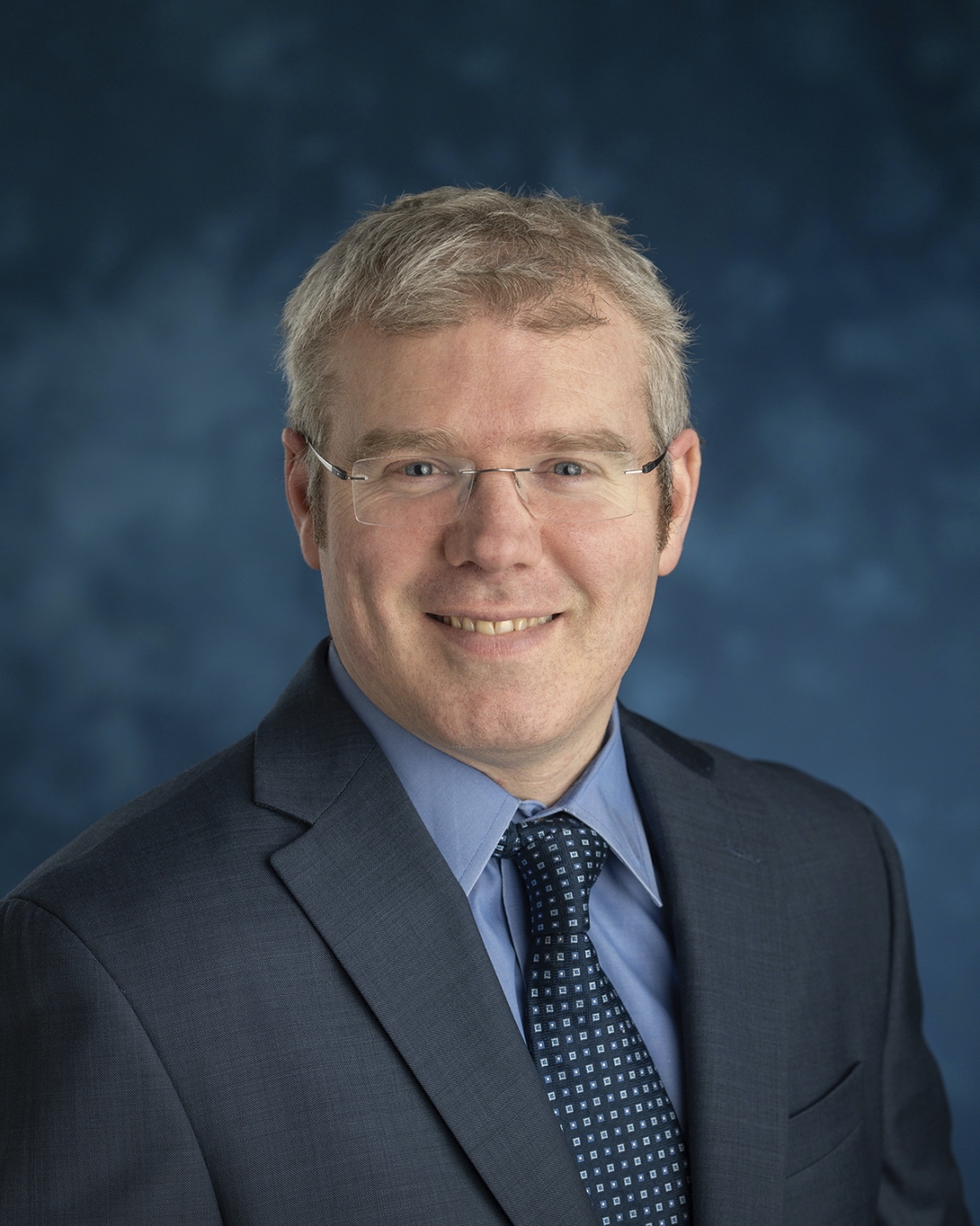
Associate Professor of Microbiology and Immunology
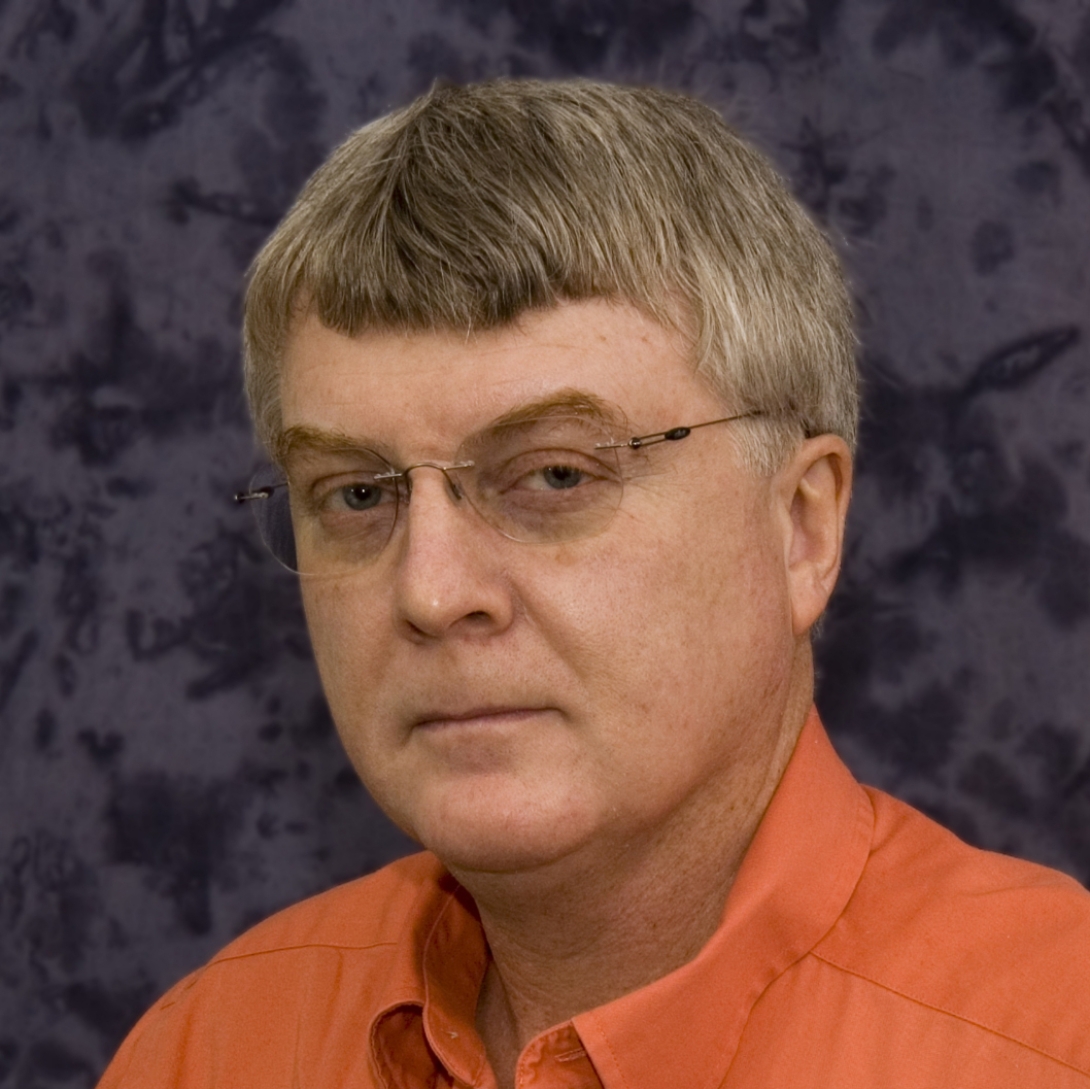
Professor of Internal Medicine
Professor of Molecular and Integrative Physiology
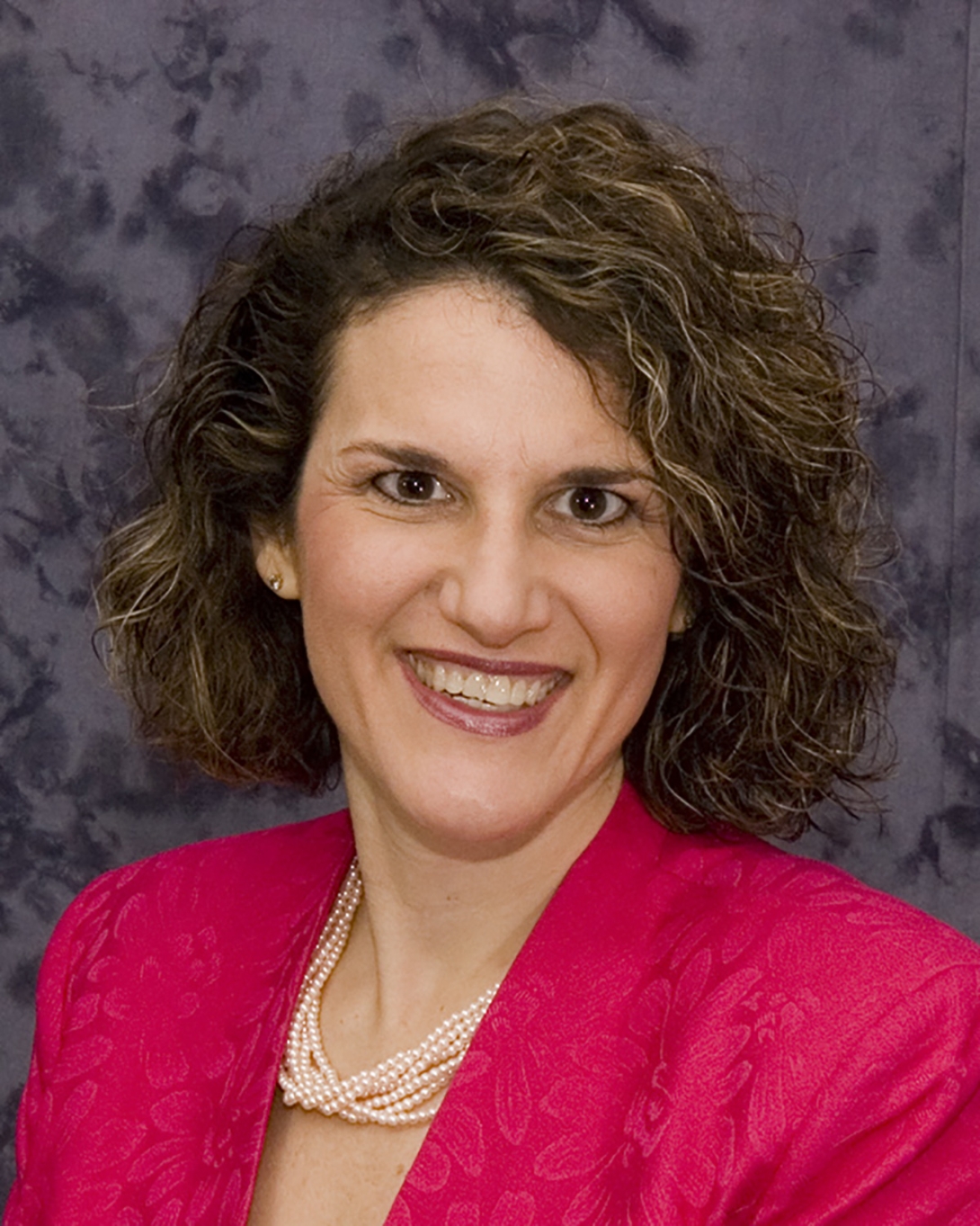
Associate Chief Clinical Officer and Professor of Internal Medicine
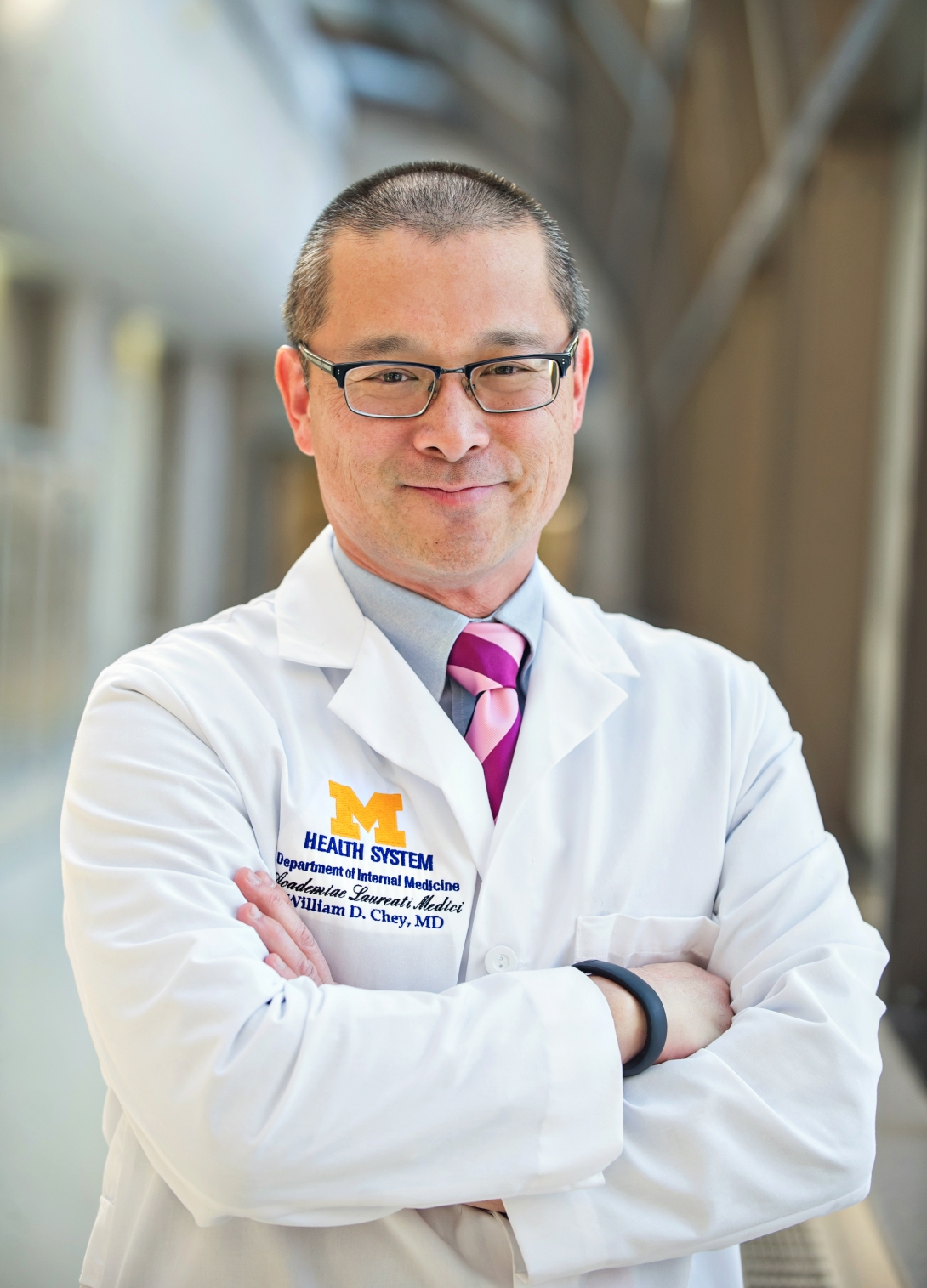
Professor of Internal Medicine
Section Head, Division of Gastroenterology
Professor of Nutritional Sciences


Professor of Dermatology
Professor of Internal Medicine and Research Professor
Mary H Weiser Food Allergy

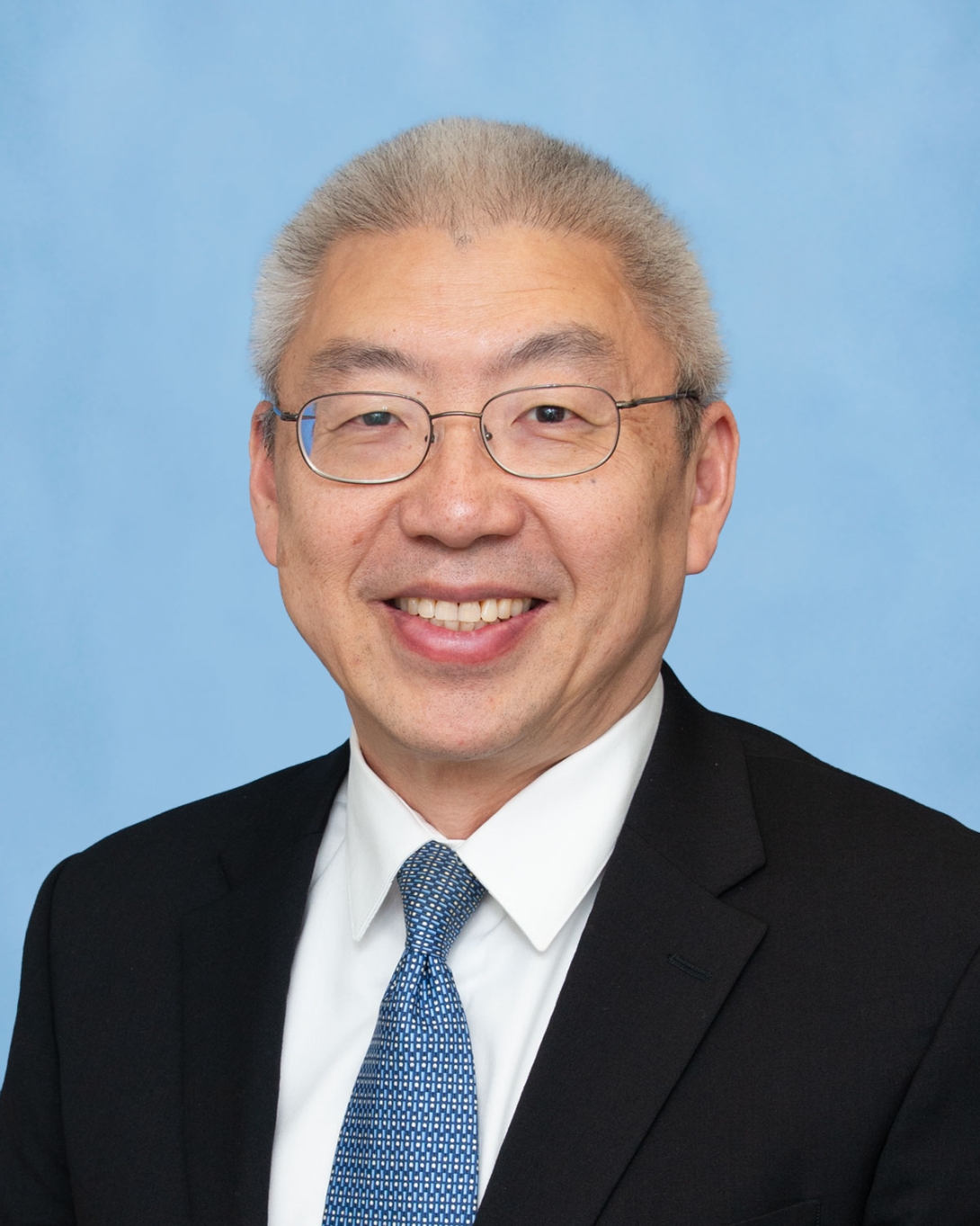
Charles B de Nancrede Professor of Surgery
Professor of Surgery and Professor of Orthopaedic Surgery
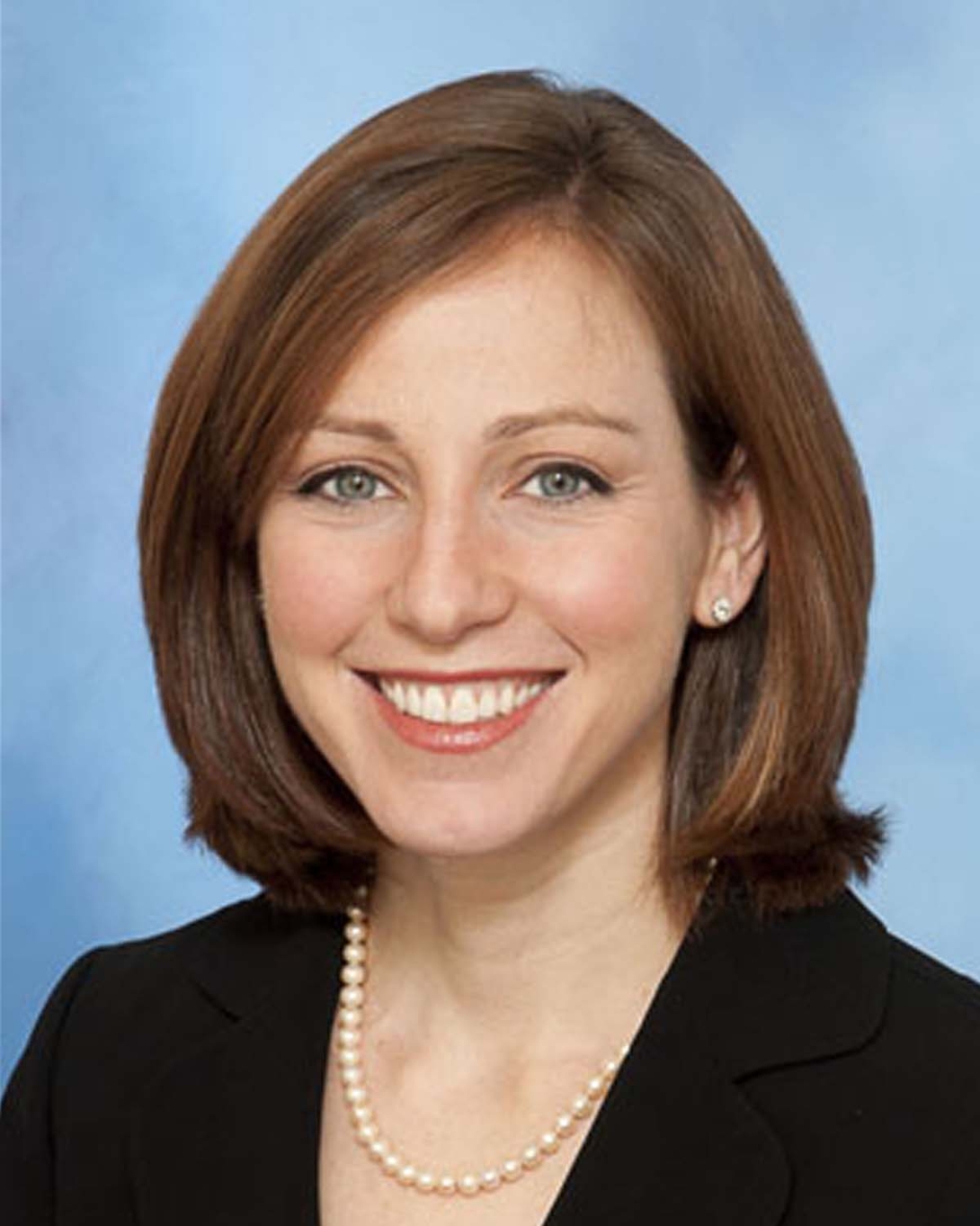
Adjunct Professor of Surgery
Our scientists are looking for answers on all fronts. We are studying the mechanisms of blood vessel injury, the biology of lung scarring, immune system and inflammatory cells as mediators of tissue injury, and much more. We also are conducting nearly three dozen clinical trials - testing medications, identifying biomarkers for complications of the disease, and understanding pain and depression. Moreover, we are exploring the ways in which scleroderma accelerates the aging process and leads to frailty and mortality.
The Scleroderma Program is committed to leading the way in treatment, in research, and in training the physicians and scientists who will continue to push this fight forward. With your support, we can accelerate health care toward a better future.
To make a gift to support our research, please visit the Scleroderma Cure Fund.
